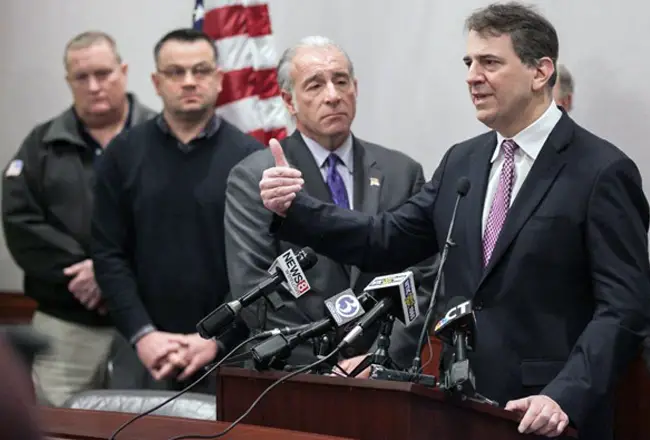 The recently enacted Tax Cuts and Jobs Act of 2017 provides for a dramatic increase in the federal estate and gift tax credit ”“ the amount excluded from federal taxation. The act, which became effective on Jan. 1, will end on Jan. 1, 2025 for most provisions affecting individuals.
The recently enacted Tax Cuts and Jobs Act of 2017 provides for a dramatic increase in the federal estate and gift tax credit ”“ the amount excluded from federal taxation. The act, which became effective on Jan. 1, will end on Jan. 1, 2025 for most provisions affecting individuals.
For 2018, the estate and gift tax credit will be $11.2 million per person ”“ compared with $5.49 million per person in 2017 ”“ and $22.4 million for a married couple.
Because of this increase in the amount excluded from taxation, the vast majority of Americans will not be impacted by federal estate and gift taxes. In fact, it has been estimated that the number of federal estate tax returns filed for the year 2018 will drop from approximately 5,000 per year to 1,500 per year.
Additionally, the new law allows the heirs and beneficiaries of the decedent to receive the property inherited at its fair market value on date of death, thus being able to avoid capital gains taxes unless the property or assets are sold for more than their date-of-death fair market value.
Considering the amount of taxes imposed on one”™s earnings and savings during one”™s life, many would consider this to be a just result.
While New York and other states still have an estate tax, it is not as onerous as the 40 percent tax rate imposed under federal law for estates larger than the available credit. In New York, the available estate tax credit for 2018 will be $5.25 million per person and $10.5 million per couple, as indexed for inflation, with the highest tax rate of approximately 16 percent on amounts above the available credit.
So why does the new tax legislation make long-term care and elder law planning even more important? The answer is quite simple.
With the federal estate tax and the New York estate tax being of little concern for most New Yorkers, the most important issue many seniors should focus on are the steps needed to ensure that their life savings are not dissipated by the significant cost of long-term care, either nursing home 0r home care. It is important to take the necessary proactive steps to protect one”™s life savings before health and aging issues rear their ugly head.
Whether it be utilizing an Irrevocable Medicaid Asset Protection Trust, the gifting of assets to loved ones or purchasing long-term care insurance, it is imperative that seniors act while they are in good health and are still capable of doing the planning. It is also important that one be cognizant of the five-year ineligibility period created for Medicaid nursing home eligibility when one transfers assets to an irrevocable trust and/or as gifts to children or others.
In conclusion, the significant minimization of the risks of being subjected to the federal estate tax for all intents and purposes highlights the importance for seniors to refocus their attention to their long-term care and elder law planning needs.
Attorney Anthony J. Enea is a member of Enea, Scanlan & Sirignano LLP of White Plains and Somers. He is president of the Westchester County Bar Foundation and past president of the Westchester County Bar Association. He is the past chair of the Elder Law Section of the New York State Bar Association and past president and a founding member of the New York Chapter of the National Academy of Elder Law Attorneys. He can be reached at 914-948-1500 or A.Enea@esslawfirm.com.


















